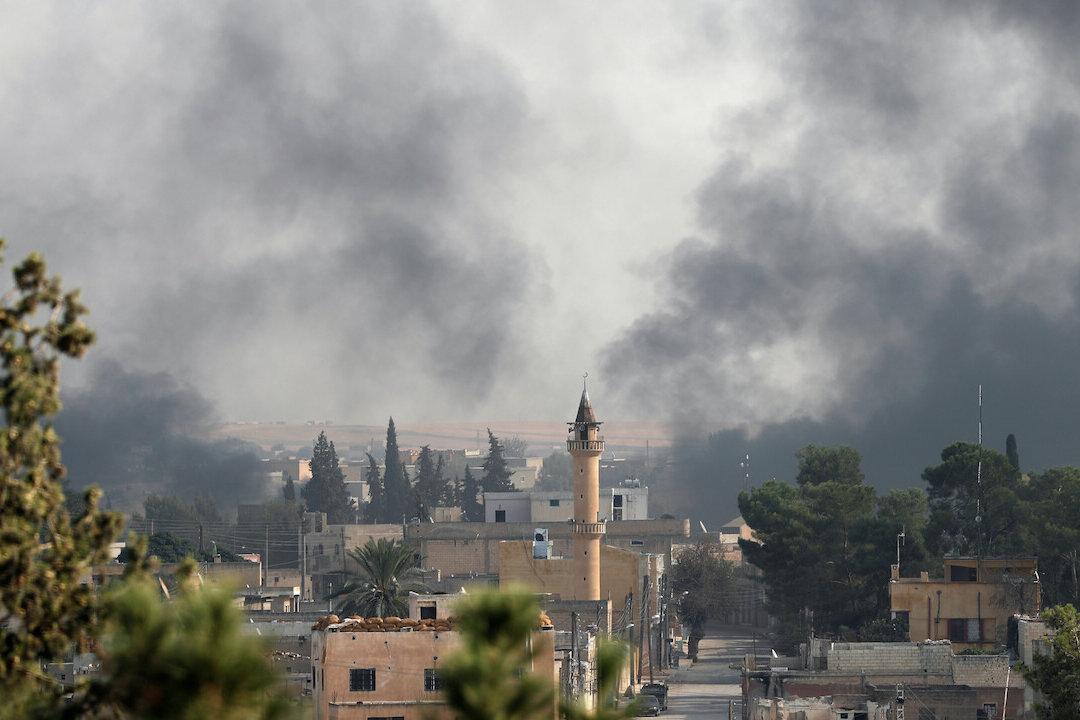A former Turkish diplomat who served Turkey’s Ministry of Foreign Affairs for 40 years said in a blog post on Oct. 8 that the Syrian conflict is a “headache” for Turkey and has led to a serious loss of face for Turkey in the international community.
Ali Tuygan, Ambassador (Ret’d) and former Undersecretary of the Turkish Foreign Ministry said on his blog that the Syrian conflict is “Turkey’s number one headache” and described it as “the erosion of Turkey’s international image, its loss of appeal.”





